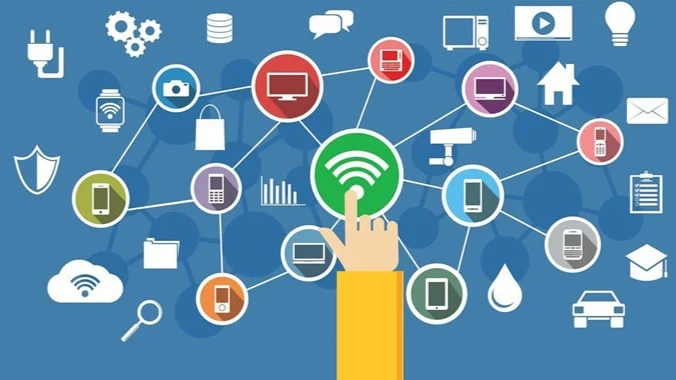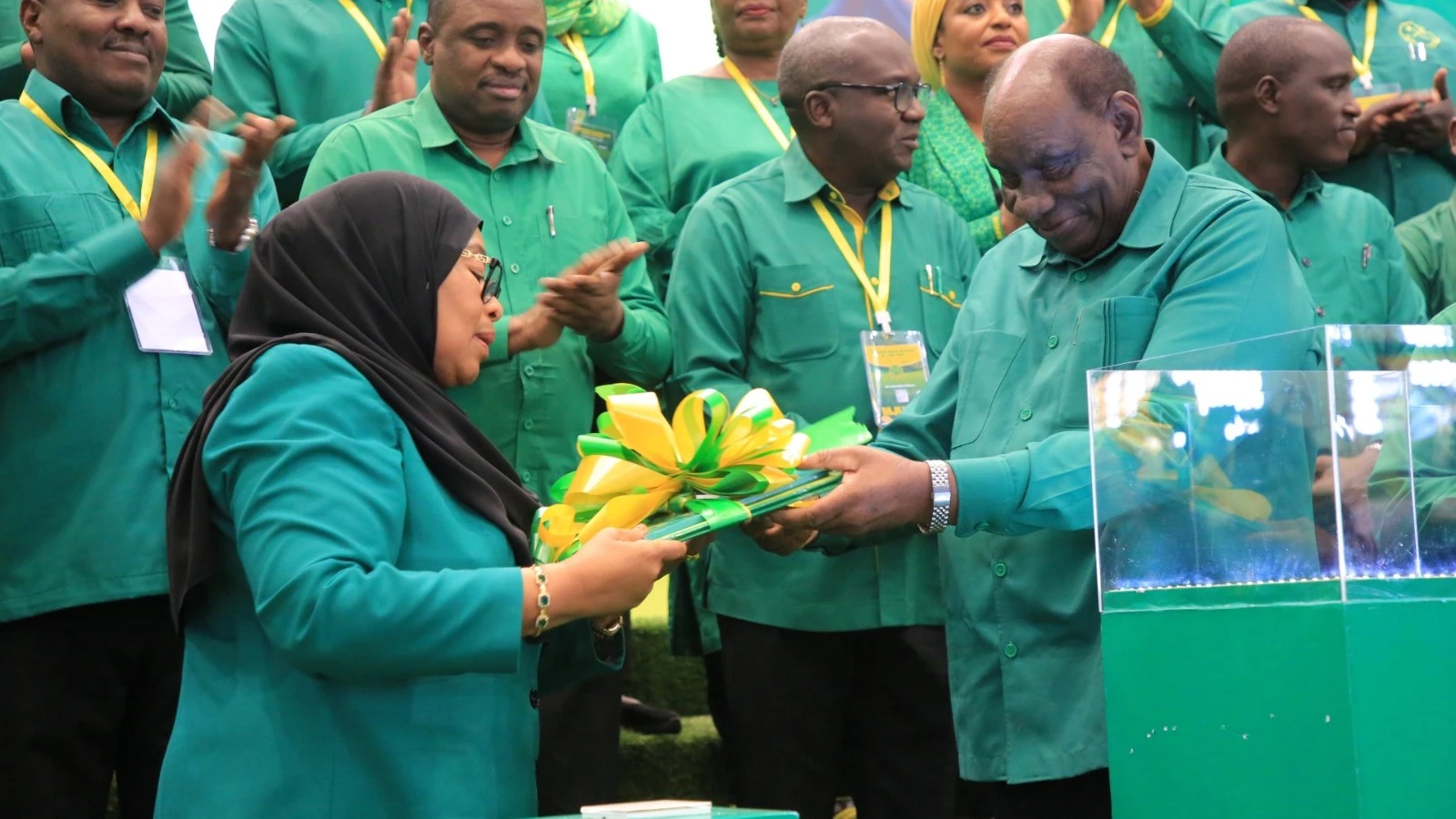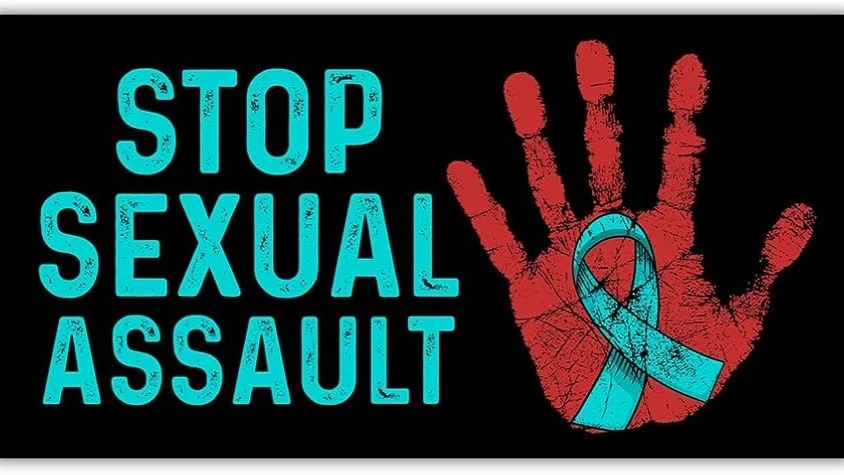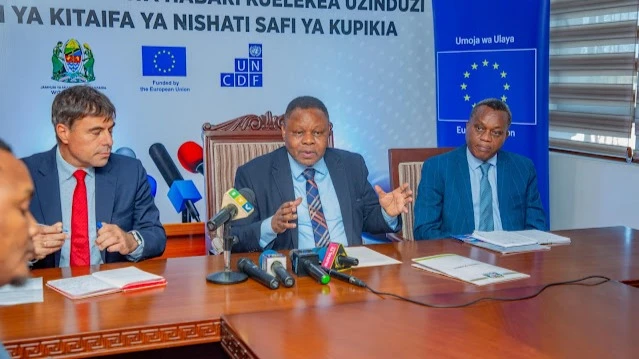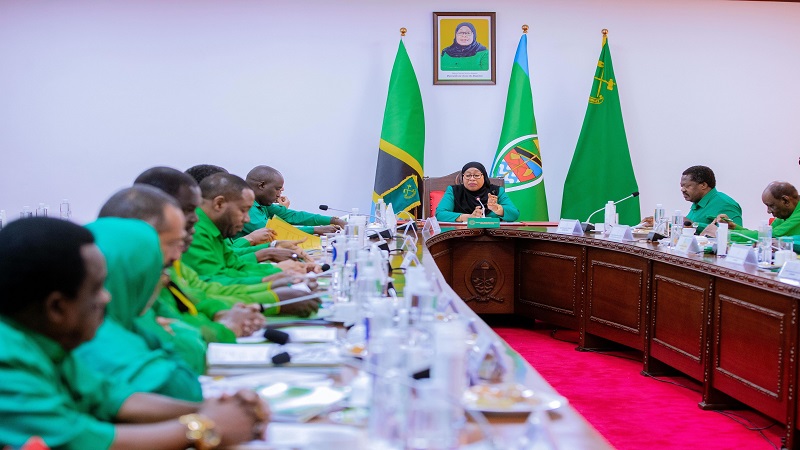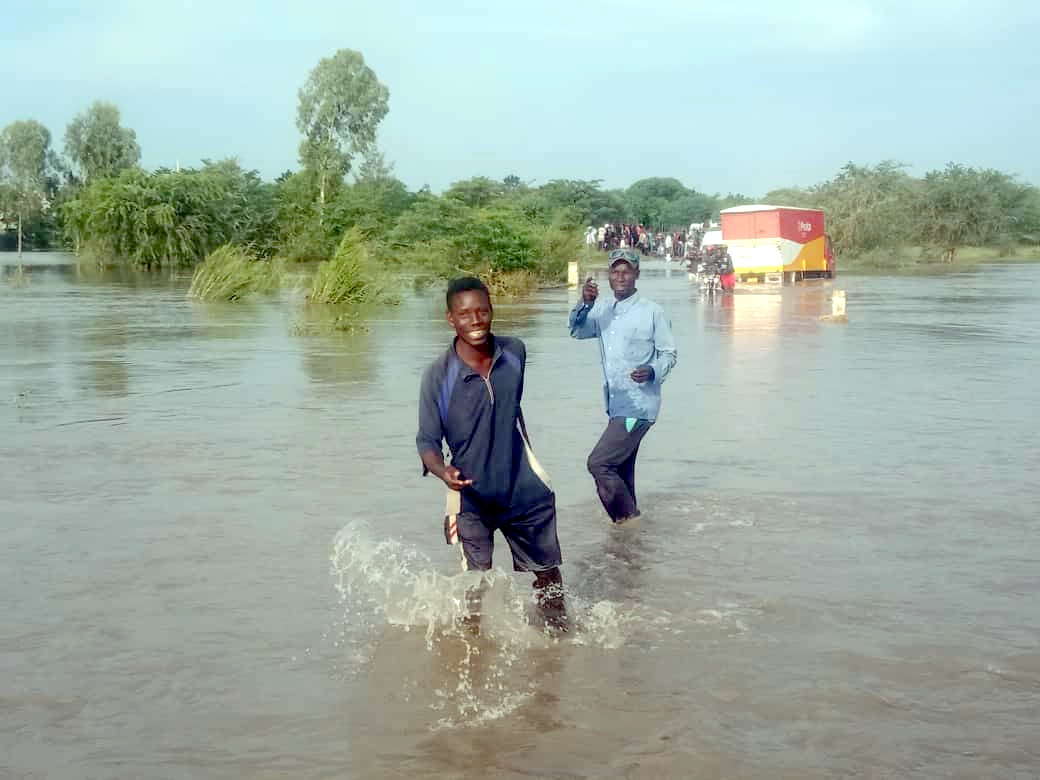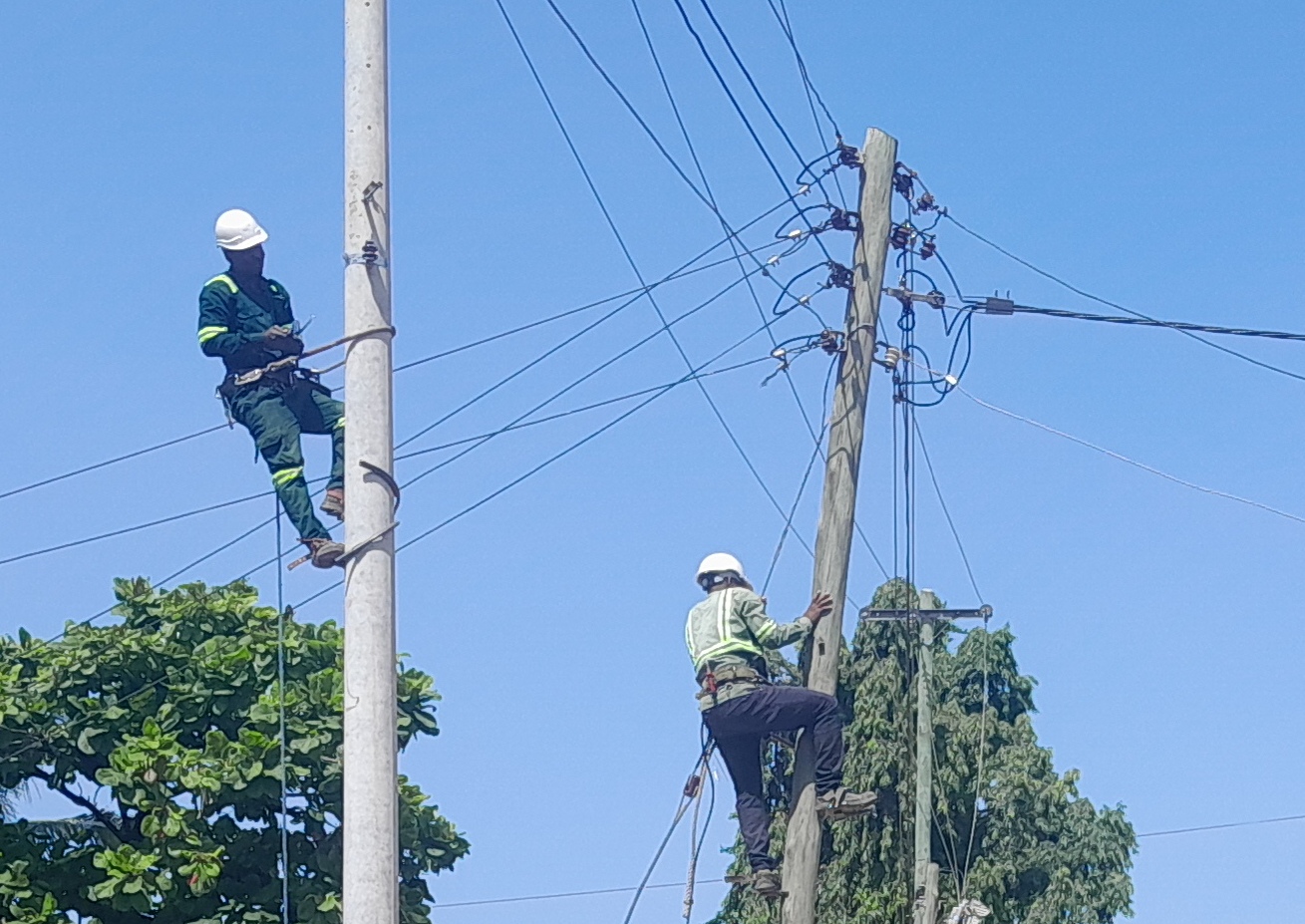Africa explores internet link to boost youth employment
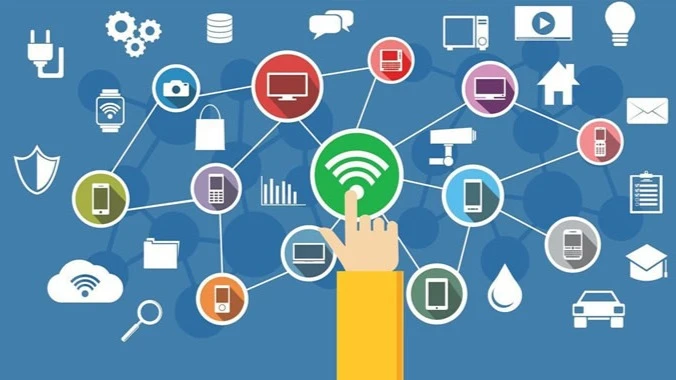
TANZANIA has declared its readiness to embrace the digital economy and contribute to global technological transformation—urging young people across Africa to use the internet responsibly and for their benefit.
Jerry Silaa, the Information, Communication and Information Technology minister, yesterday affirmed Tanzania’s commitment to advancing the digital agenda and positioning itself as a key player in Africa’s technology-driven future.
He was addressing over 1,000 stakeholders, including African ICT ministers, gathered in Dar es Salaam for the 14th Africa Internet Governance Forum (AfIGF) to discuss critical issues related to internet policy, regulation and the role of digital economies in job creation.
Amid growing concern about youth unemployment across the continent, the forum has placed particular emphasis on how internet access and digital platforms can serve as a catalyst for opportunity, economic growth and innovation among Africa’s young population, he stated.
“Young people are the most active users of the internet across African countries. We urge them to avoid harmful content and instead use digital platforms to engage in meaningful economic activities and explore new marketing avenues,” the minister appealed.
Profiling Tanzania’s digital transformation efforts during the past four years, he pointed at the introduction of innovation-focused curricula from early education through to higher learning institutions, for nurturing digital literacy and technological proficiency.
Internet infrastructure is now fundamental to delivering essential services such as water, electricity and healthcare, thus the government is investing in strengthening digital ecosystems in urban and rural areas, he said.
Eight ICT centres operated by the Tanzania Communications Regulatory Authority (TCRA) were providing digital training for youth and helping them understand the responsible and productive use of the internet, he said.
Mohammed Hamis Abdulla, the permanent secretary, emphasised that digital transformation comes with immense potential and significant risks of cybercrime in particular. Promoting secure and inclusive internet use across African communities is vital, he emphasized.
“This forum is about laying the foundation for a future digital Africa. To achieve this vision, we must act collectively to drive the continent’s digital revolution,” he asserted.
Alhagie Mbow, the forum chairman, elaborated on the forum’s theme: “Shaping Africa’s digital future through inclusive, resilient, innovative and equitable governance,” stating that the theme reflects Africa’s current digital landscape, which is no longer marked by passive consumption but active participation.
“Africa’s fast-growing digital economy is youth-driven, but disparities remain. Gender gaps persist and infrastructure is still lacking in many areas, leaving some communities and marginalised groups behind,” he said.
Governments and development partners need to invest in more schools and training centres focused on innovation, as such institutions would serve as the backbone of Africa’s digital transformation, he declared.
“We, as Africans, hold the power to shape our digital future. The responsibility is in our hands. Now is the time to act—towards a more developed, inclusive and empowered Africa,” he added.
Top Headlines
© 2025 IPPMEDIA.COM. ALL RIGHTS RESERVED










